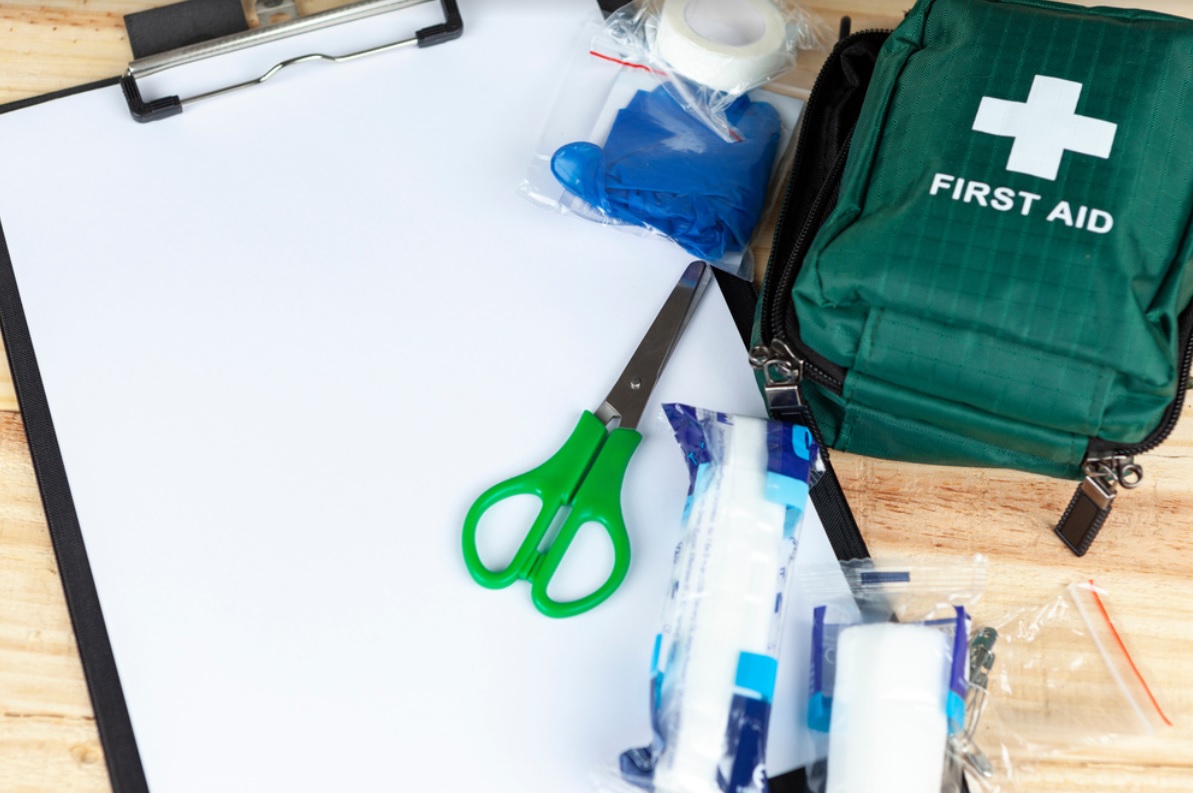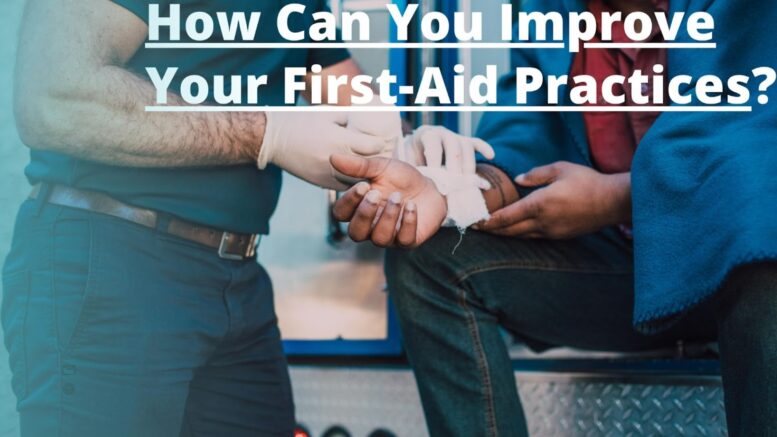Everyone must know some basic first-aid in every situation. But, for medical professionals, it’s a must. You cannot hope to be a good medic if you’re not up-to-date with the latest first-aid practices.
Advances in medicine make it possible for medics to improve their first-aid skills. But, you should be able to practice these skills in emergencies or they’ll be of little use to anyone. CPR is one of the key first-aid skills you should know.
So, CPR recertification is important for most medical professionals. After all, these professionals should be aware of the best methods available to them. CPR is often needed in diverse emergencies. A good healthcare worker should know the best CPR method to follow in every situation. Even ordinary citizens should take CPR classes so they can help make a difference as well.
There are other first-aid practices that healthcare professionals should be well-versed in. Let’s dive into some tips you can use to improve your first-aid practices.
Consider CPR Recertification
We cannot overstate how important it is to stay abreast of the latest CPR techniques. Every few years, you’ll find methods that are more effective than before. Now more than ever, people are appreciating the importance of good CPR techniques.
Also, you need to renew your CPR certification every two years if you want to practice in any of the 50 states. The renewal should follow the guidelines prescribed by the AHA (American Heart Association).
So, as a healthcare professional, it’s important to keep your CPR knowledge up-to-date. You should have the latest certification needed to practice CPR across the country. So, it’s easy to see why you would need CPR recertification as a healthcare worker.
You’ll find online CPR renewal services to help you receive the recertification. Many of these service providers also offer you training to improve CPR techniques. But, you must learn from a provider that follows an AHA-compliant curriculum.
These providers are sure to offer you quality instruction in CPR techniques. When choosing a CPR recertification provider, make sure they have good instructors. The best instructors are more likely to teach you effective first-aid techniques.
You should ensure that their CPR recertification courses are accepted in all states.
Practice Being Mentally Prepared
You can take any amount of training you want in first-aid techniques. But, when push comes to shove, you may still not know what to do. In an emergency, it’s easy to lose your cool and forget your training. No amount of first-aid training can prepare your mind to face injured and panicked people.
In such situations, it’s important to realize that good first-aid starts from the mind. You need to train your mind to respond to different kinds of emergencies. After all, mental preparedness is the key to administering good first aid.
You should be able to get your mind ready to cope with stress in a survival situation. This will help you stay composed and quite possibly, save lives on the job. But, if you want to do your job right, you must react as quickly as possible.
This comes after considerable training for mental preparedness.

Mental Preparedness Techniques
There are many techniques you can use to improve your mental preparedness. These techniques include emergency conditioning and positive thinking.
Emergency conditioning is about making unknown situations seem familiar. It’s a trick you play on your brain to help you deal calmly with any situation. It involves making yourself believe you’ve already been through a situation and know how to react to it.
Positive thinking involves believing you can receive a positive outcome from a situation. It’s about knowing the possible outcomes of a situation but choosing to believe in the best one. This is a key first-aid skill as it helps healthcare professionals treat victims better.
It allows them to believe that a victim can be saved no matter how serious their injuries are. This allows medics to perform first-aid regardless of the gravity of their situation. This is part of the reason why mental preparedness is of the utmost importance.
You can use these techniques to prepare yourself to face any emergency. But, these techniques don’t come naturally to even the highest-trained medics. You will only be able to master these techniques after considerable practice.
So, it makes sense to make them a part of your first-aid training to get results.
Learn Situational Awareness
Having the best first-aid knowledge isn’t enough in many situations. What’s important is learning how to put your knowledge to the best use. You should ensure you react to situations appropriately while administering first aid.
Situational awareness is used in many aspects of first-aid training. These aspects include surveillance, travel safety, and close protection. You can see why it’s useful considering first-aid is often required in these scenarios. Situational awareness helps you deal with these diverse scenarios in the right way.
It can also help you assess the potential dangers in any environment. This will allow you to respond to these dangers effectively. In the long run, this will help you become a skilled healthcare professional.
Conclusion
These tips should help you hone your first-aid skills in the long run. But honing your skills as a healthcare professional isn’t enough. You should also have the certification needed to perform first-aid across the country.
Since CPR is a key first-aid skill, you would need CPR recertification. You can look to reputed providers to give you this recertification. This will help ensure that you receive the best training and approval needed to perform CPR.
Also, remember that the best healthcare professionals aren’t always the most qualified. Sometimes, these professionals are those that can respond well to emergencies. If you want to do the same, you should practice your skills often.
You should also train your mind to respond to situations that can demand first aid. Doing so will allow you to provide effective first-aid to victims in any scenario.
